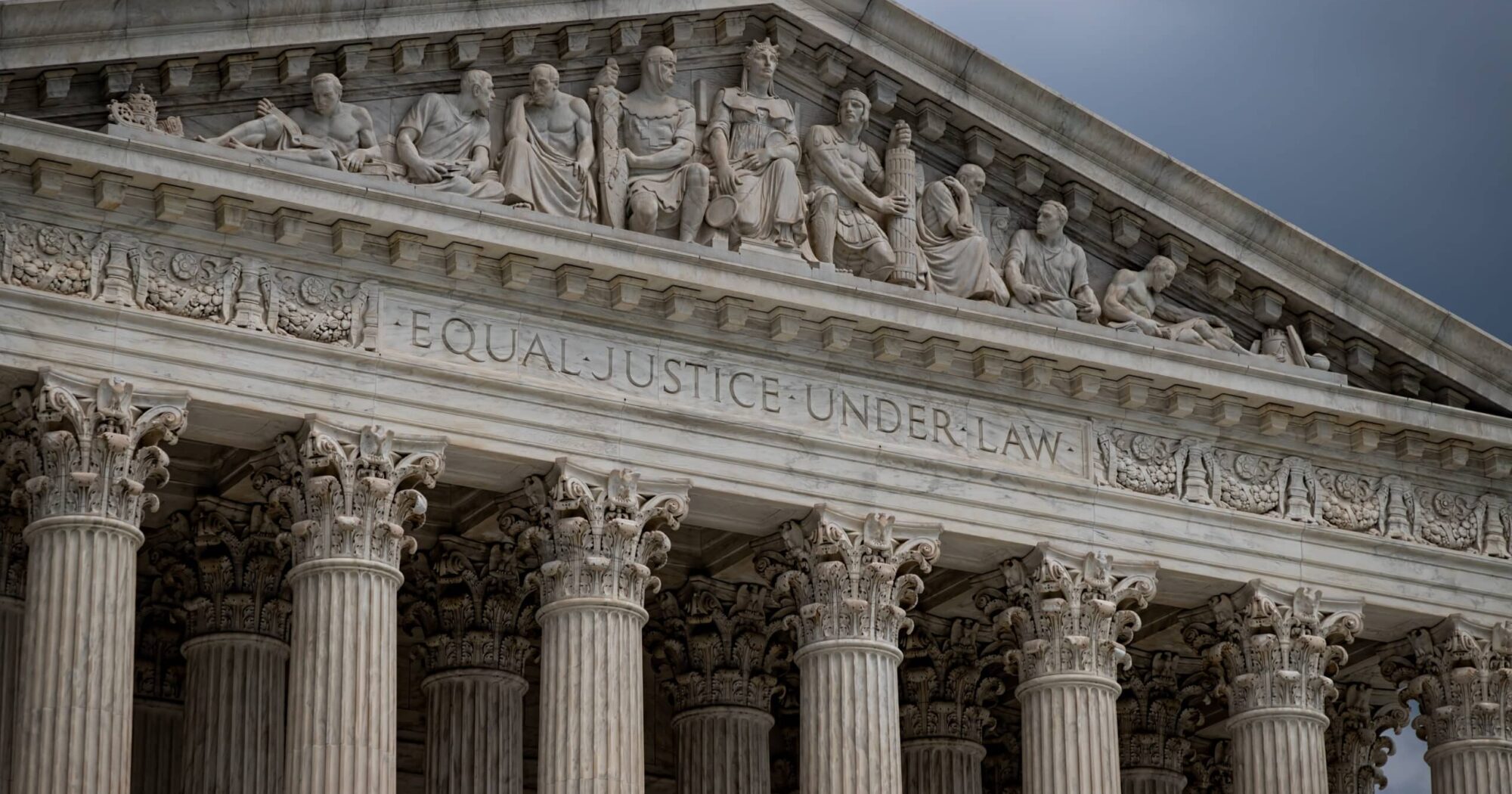Thought Leadership
Championing Diversity in the Wake of SCOTUS Decisions

On June 29th, 2023, a ruling by the Supreme Court essentially ended the use of race-conscious admissions practices, also known as Affirmative Action. Affirmative Action was initiated in the 1960’s to prohibit businesses that receive federal funding from intentionally using discriminatory processes and criteria to discriminate against African Americans during the hiring process. This eventually expanded to include women, Indigenous peoples, Hispanics, and other minorities, and extended to institutions of higher education. This provided colleges and universities the ability to consider an applicant’s race during the admissions process to improve access to education for a population of people that were not only previously banned from attending college, but historically disadvantaged and under-resourced. Aside from the job and income opportunities that are available to a person with a college degree, for the industry of higher education, this allowed for a more diverse, equitable, and inclusive campus, significantly heightening classroom discussion and learning opportunities for all students.
In 2003, the Supreme Court reaffirmed the constitutionality of race-conscious admissions in the Grutter v. Bollinger decision, which upheld the University of Michigan Law School’s race-conscious policies as “one factor among many, in an effort to assemble a student body that is diverse in ways broader than race.” The decision that was made on June 29th directly overturned that previous ruling.
The recent Supreme Court decision was in response to admissions practices at Harvard University and the University of North Carolina. At Harvard University, the first round of review includes scores from six different categories: academic, extracurricular, athletic, school support, personal, and overall. The “overall” category comprises five other categories, one of which takes into consideration the applicant’s race.
After several rounds of review and the approval of a 40-person committee, a list is then created of those tentatively admitted to Harvard’s next incoming class. Only then is the race composition of the tentatively admitted class publicized to the committee. The list presented to the committee includes only four pieces of information to make their final decision: race, financial aid eligibility, recruited athlete status, and legacy status. That list is now relegated to financial aid eligibility, athlete status, and legacy status. It is important to point out that a “legacy” candidate means that applicant is related to someone who had previously attended Harvard University. Several universities are now exploring other avenues that, after this ruling by the Supreme Court, will still allow for an admissions process that is equitable and inclusive, whether that is revisiting their admissions essay prompts, including an adversity score, or even a tuition-free medical school.
So, what does this mean for us at Town Hall as a digital marketing agency? This SCOTUS decision makes our jobs more important than ever. It is our obligation as an agency to use our platforms to show and not just tell future learners that they belong and are welcome in the classroom. This means our messaging and asset imagery need to fully support these efforts. Our platforms need to be more accessible and inclusive. Our daily internal and client conversations should always push this goal forward. How are we amplifying voices that continue to be silenced? How are we retelling diverse first-person narratives instead of speaking for them?
We as an agency vow to support our colleagues in enrollment management as their jobs are now that much more difficult as they continue to fight for diversity, equity, and inclusion of thoughts, opinions, and worldviews in our institutions of higher education.
Join the conversation
To get the latest news, sign up for our bulletin.
